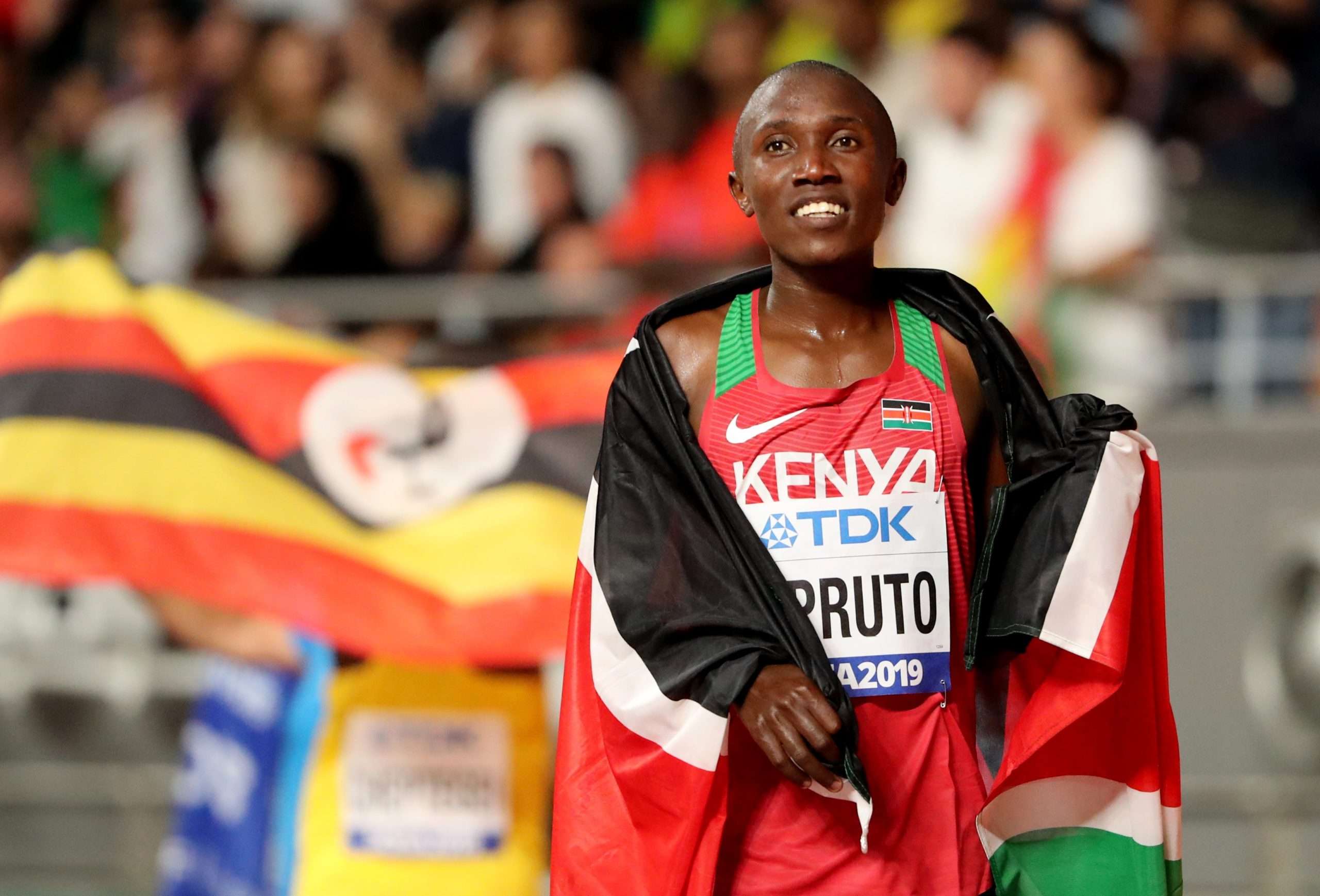Athletics Integrity Unit Imposes Six-Year Ban on Rhonex Kipruto, Stripping Titles
Rhonex Kipruto, renowned for his World Championship 10,000 meters and 10-kilometer road-running world records, faces a six-year ban from competitive athletics, as announced by the Athletics Integrity Unit (AIU).
In a statement released on Wednesday, the AIU clarified that Kipruto would forfeit certain titles he attained throughout his career, including the 10-kilometer road-running world record achieved in Valencia, Spain, in 2020.
The decision to impose the lengthy ban stems from doping allegations, based on test results from samples provided by the athlete.
Consequently, Kipruto will remain ineligible for competition until May 10, 2029. Additionally, his competitive results from September 2, 2018, to May 11, 2023, will be nullified.
“This means the athlete’s achievements, including the 10-kilometer road-running world record in Valencia in 2020, the 10,000 meters bronze medal in the 2019 World Athletics Championships in Doha, and the 10,000 meters victory in the 2019 Stockholm Diamond League, among other honors, will be annulled,” stated the AIU.
Athlete Rhonex Kipruto vigorously defended himself after being provisionally suspended on May 11, 2023. He refuted the Anti-Doping Rule Violation (ADRV) charge, asserting that the anomalies detected were attributable to a combination of factors, including inherent physiological traits, various medical conditions, and health issues.
However, the AIU panel dismissed Kipruto’s defense, concluding that the detected abnormalities stemmed from blood manipulation rather than natural causes.
A press statement from the global body explained, “After considering submissions from experts, the Tribunal rejected Kipruto’s defense, concluding the ’cause for the abnormalities in the ABP is more likely to be due to blood manipulation’ such as through the use of recombinant human erythropoietin (rEPO), while pointing out there was ‘no other plausible explanation’ for the abnormal values.”
The AIU panel analyzed 32 blood samples collected from Kipruto between July 9, 2018, and March 15, 2022, to create his biological passport. Three experts unanimously determined that doping was “highly likely” based on various abnormal hematological patterns, considering his competition schedule and whereabouts.
Furthermore, the AIU emphasized that the ban serves to uphold the organization’s principles and ensure compliance with anti-doping regulations among elite athletes.
Kipruto’s ban follows the provisional suspension of 33 sportsmen and women by the Anti-Doping Agency of Kenya on June 4. Among them were 26 track athletes, 3 basketball players, 3 rugby players, and 1 handball player.


